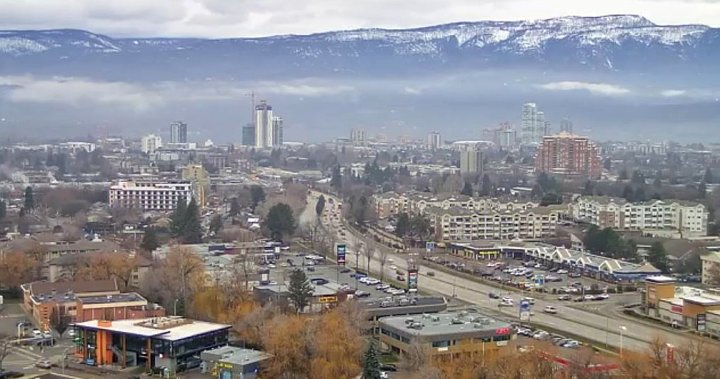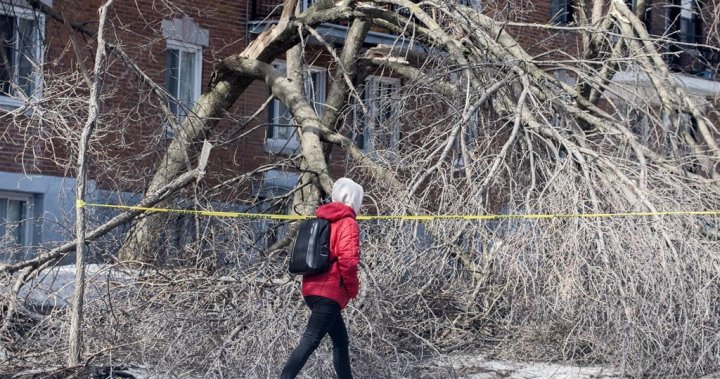Regional District of the Central Okanagan staff are raising concerns that recent provincial housing mandates will trigger greater density in sparsely populated rural neighborhoods before they’re ready for it.
According to a report to the board later this week, recent changes to provincial legislation under Bill 44, the Housing Statutes Amendment Act, require that residential lots in the RDCO electoral areas must now permit a secondary suite and or an accessory dwelling unit.
“The potential residential density in the electoral areas could double,” reads the regional district report.
According to BC Assessment data, approximately 25 per cent of lots in the electoral areas are currently vacant, therefore a full build-out scenario under the Small-Scale, Multi-Unit Housing legislation could result in a 166 per cent increase in the number of residential units.
Further, it’s unclear whether secondary suites are ideal either, and district staff pointed to a 2017 report to highlight their concerns.
According to district staff, a technical stakeholder review team consisting of hydrogeologists, groundwater technicians, onsite wastewater practitioners, and representatives from Interior Health evaluated whether it was sustainable to allow suites on all lots in the RDCO and found that
the cumulative effects of increasing density may cause drainage and slope stability challenges.
The email you need for the day’s
top news stories from Canada and around the world.
The email you need for the day’s
top news stories from Canada and around the world.
These stability challenges would be particularly acute in areas without access to community sewer and without proper drainage plans.
“Due to infrastructure and servicing limitations in the electoral areas, without robust policies and regulations, additional density may increase risks to public health, safety, or the environment,” reads the report staff are sending to elected officials.
“Proposed bylaw amendments and associated analysis will require considerable staff resources and our ability to meet the legislative compliance deadline is further limited by ongoing commitments to support residents affected by the White Rock Lake and McDougall Creek wildfires.”
Local governments are currently required to adopt bylaw amendments by June 30 to allow housing at the prescribed density.
If they don’t, local governments may apply for time-based extensions according to the criteria outlined by the Ministry of Housing.
Staff are preparing an application to the Ministry of Housing requesting an 18-month extension to the deadline to conduct technical analysis and policy implementation that is needed to ensure communities can be densified appropriately and without exacerbating potentially hazardous conditions.
© 2024 Global News, a division of Corus Entertainment Inc.




